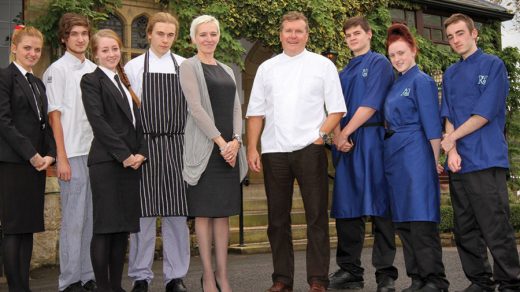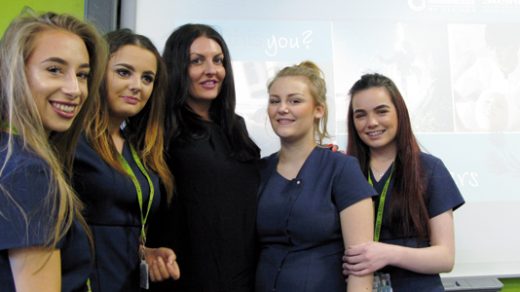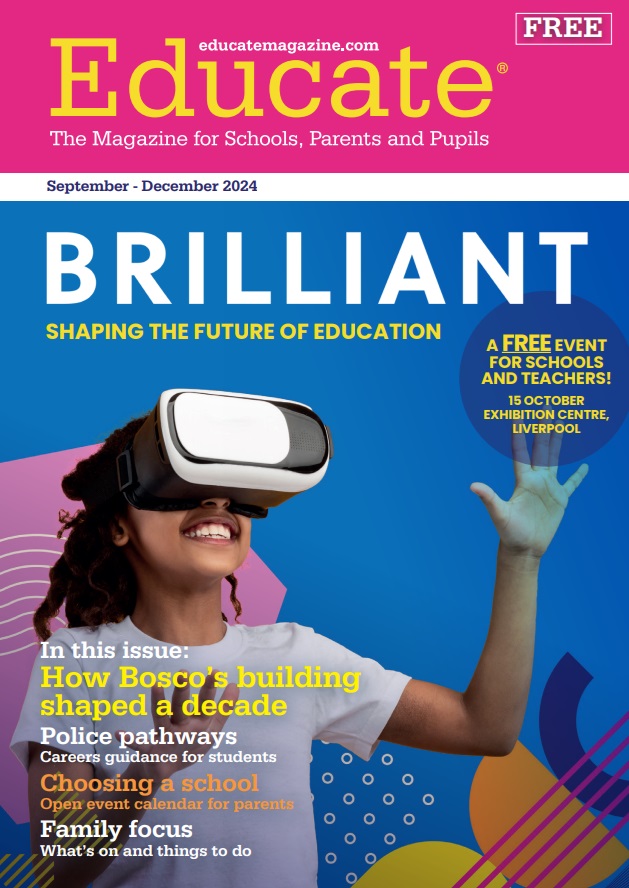Majority in UK say government should ensure fair access to education, new poll finds

New polling published today by the Sutton Trust reveals strong public support across the political spectrum for the idea that all young people should have equal opportunities, regardless of background.
9 in 10 people agree this is important and the same proportion say it is important to level the playing field and improve social mobility in the UK.
The survey of over 2,000 adults, conducted by More in Common for the Sutton Trust, reveals that a large majority believe it is the government’s role to ensure fair access to educational (81 per cent) and job opportunities (69 per cent). When asked why the government should focus on this, the most commonly chosen reason (79 per cent) was to make the most of everyone’s talents to help the economy grow.
The polling shows high levels of public support for policies that the Sutton Trust says would improve opportunities for young people and increase social mobility. 87 per cent agree that the government should provide financial support for students while at university and over half (53 per cent) want to see maintenance grants brought back for students from low-income households.
At present, student maintenance loans do not cover essential living costs for the majority of students, and those from poorer backgrounds graduate with the biggest debts.
Just over half (52 per cent) think access to pre-school or nursery should be free, in the same way that school is. A further third (31 per cent) believe this provision should be paid for but affordable, so that the majority of children can attend.
Less than one in ten believe pre-school access is a luxury that should be determined by parents’ ability to pay. As things stand, the vast majority of families in the bottom third of incomes are not eligible for the existing provision of 30 hours state-funded early years provision for three- and four-year-olds, with the government’s planned expansion to two-year olds set to exacerbate inequalities.
Overall, the public believes that access to opportunity is currently unequal. 83 per cent say the gap between social classes is either quite big or very big, with 44% believing it is bigger now than 50 years ago.
Many say that children from richer families get better opportunities in school (62 per cent), in pre-school education (59 per cent) at universities (62 per cent) and in jobs (54 per cent), especially professions such as accountancy, law or medicine (61 per cent).
Over half (53 per cent) think that – regardless of talent and hard work – some have a better chance of buying a home than others, rising to 64 per cent among 18-24 year olds.
The public believe the main barriers to succeeding in life are a lack of opportunities where a person lives (30 per cent), lack of access to good education (29 per cent), a poor work ethic (29 per cent), the state of the UK economy (28 per cent) and lack of self-belief (26 per cent). While the public have strong faith in hard work, with 93 per cent saying it is important in helping a person get on in life, 78 per cent also think it is important to know the right people and 68% to come from a wealthy family.
Three in four people who went to university say that people like them have a good chance of succeeding in life, but only half as many people without GCSEs say the same. Those in Scotland are the most optimistic (73 per cent) about the chances of succeeding in life for people like them, while those in the West Midlands (49 per cent) are the least optimistic.
Those who identify themselves as being upper middle class are significantly more optimistic about this than those who are working class (76 per cent vs 56 per cent).
Responding to the polling, Paul Whiteman, general secretary at school leaders’ union NAHT, said: “It is clear that the public supports greater investment to ensure that every child and young person gets the very best start in life.
“Education is the nearest thing we have to a silver bullet when it comes to addressing inequality, but for too long it has slipped down the government’s agenda when it comes to its list of priorities. We would like to see all parties commit to prioritising education should they win the next election.
“That should include investment from the early years upwards so that nurseries and schools have the resources to ensure every single child and young person gets the education they deserve.”






